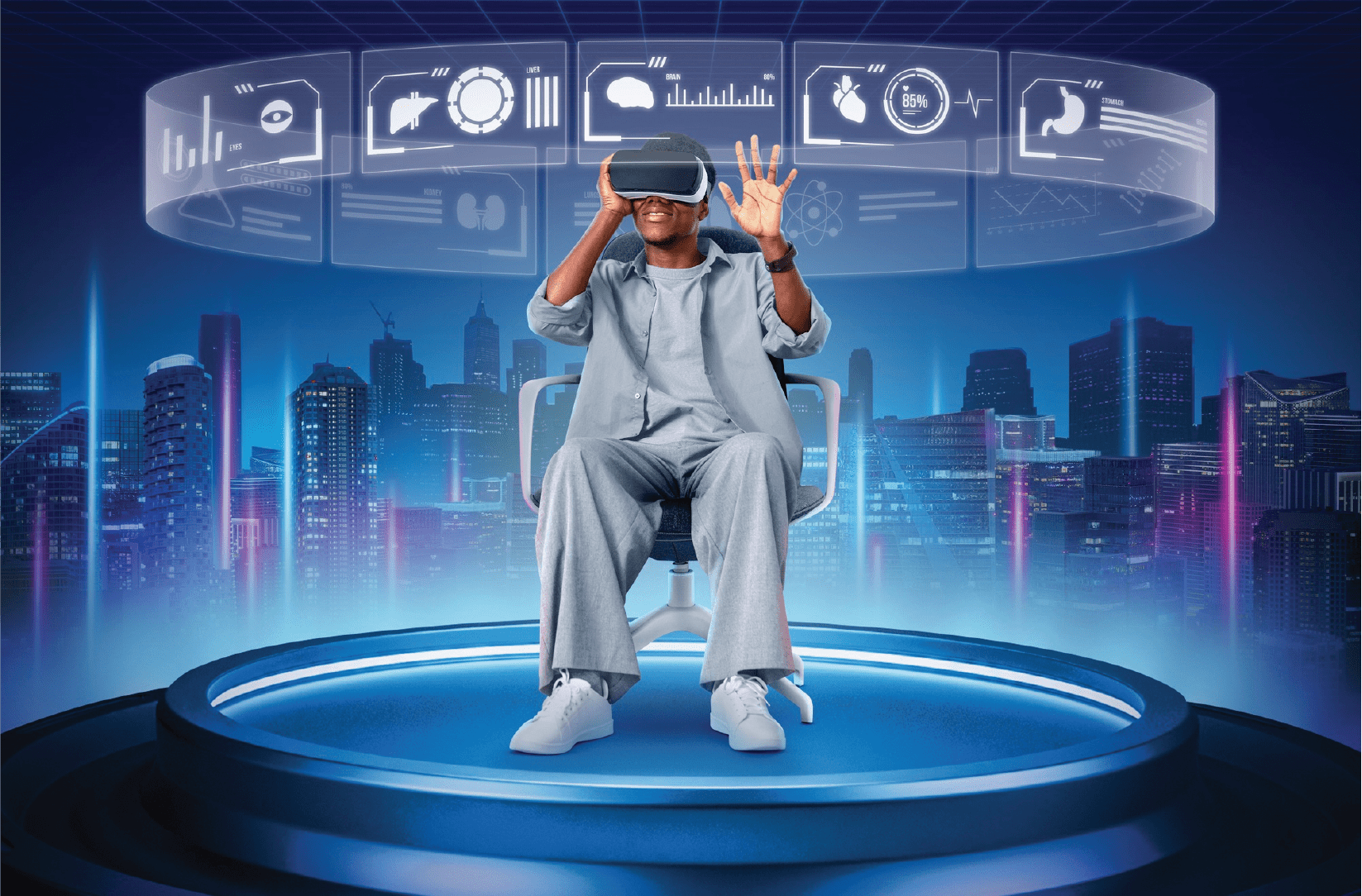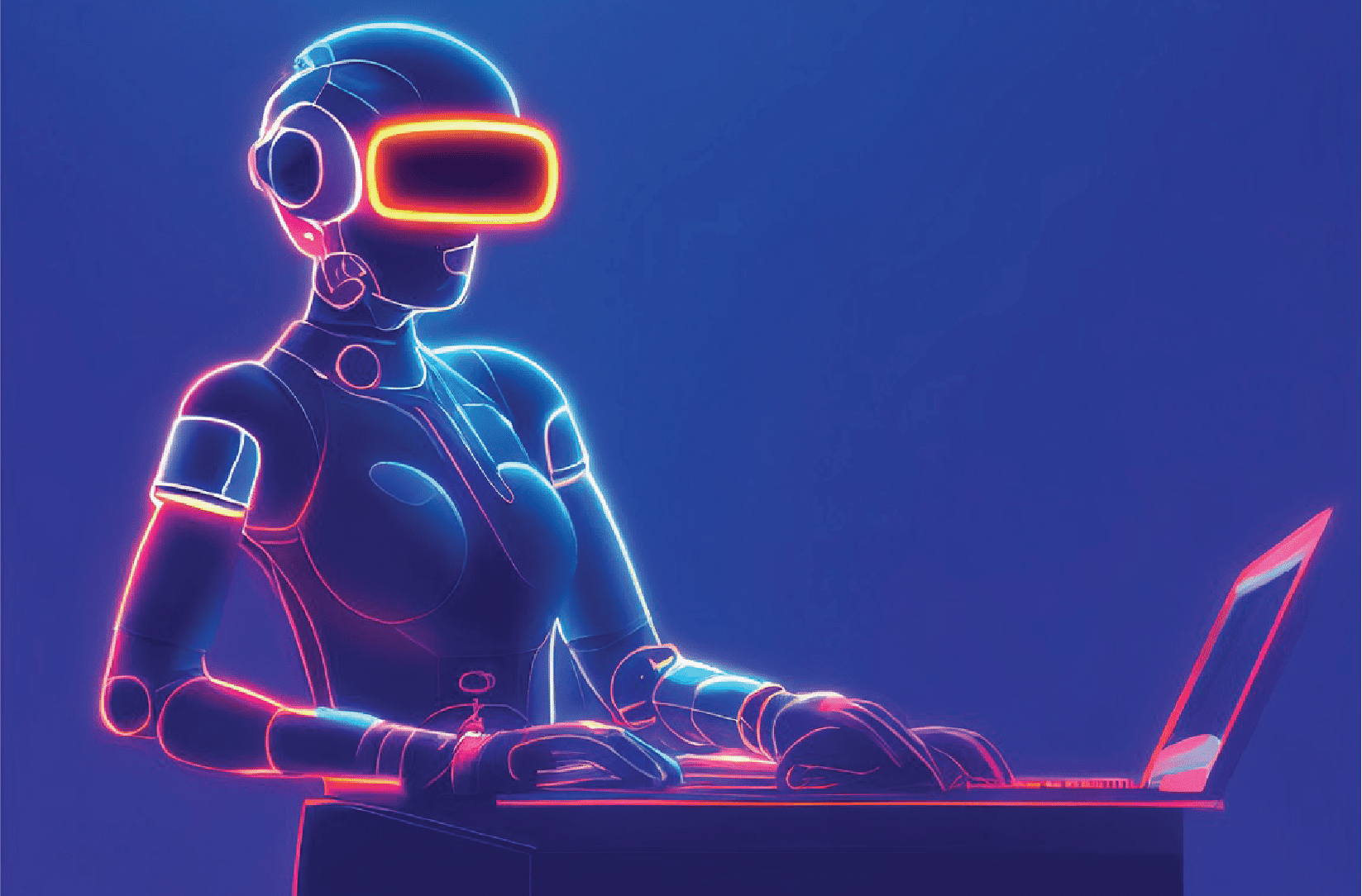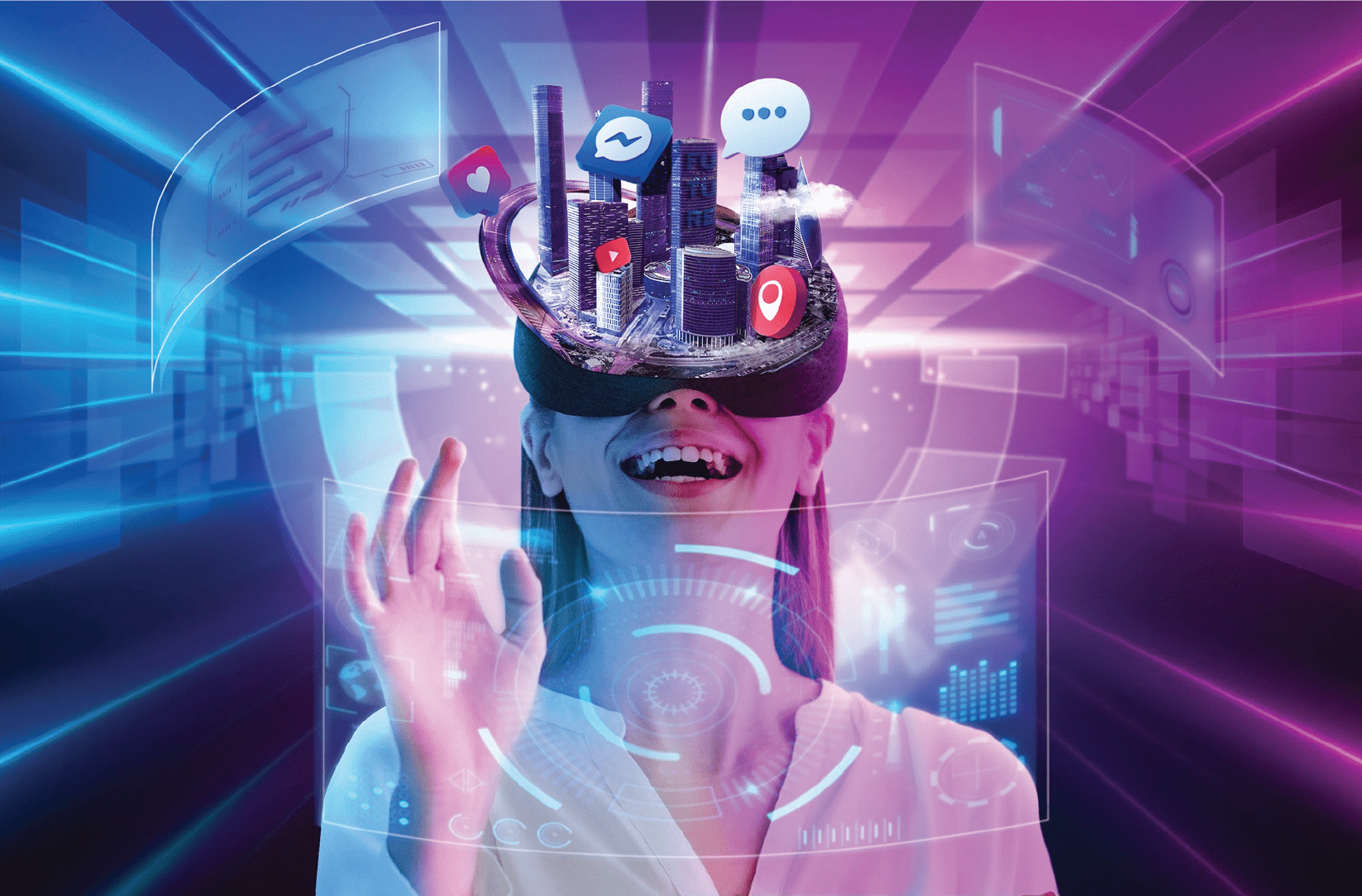Discovering the World of Virtual Reality: Expanding Horizons Beyond Gaming and Entertainment
Introduction
Virtual Reality (VR) has traditionally been linked to gaming and entertainment, immersing users in captivating digital realms for exciting adventures. Nevertheless, with technological progress, the scope of VR applications extends well beyond mere entertainment. This blog aims to explore the diverse and thrilling domains where VR is creating a profound influence, revolutionizing industries and enriching human experiences.
1. Healthcare and Medical Training
The healthcare sector has witnessed a remarkable breakthrough in the application of VR. Medical practitioners can now utilize VR to replicate intricate surgical procedures, offering a safe training ground for skill enhancement and practice. These VR-based simulations provide invaluable hands-on experience, significantly improving surgical expertise and minimizing medical errors. Moreover, patients can also reap the advantages of VR therapy, as it has proven effective in managing pain, alleviating stress, and even treating specific phobias and mental health conditions.
2. Education and Training
VR technology is causing a transformative shift in conventional education methods. Students now can fully immerse themselves in historical events, roam through ancient ruins, explore far-off planets, and witness abstract scientific concepts materialize before their eyes. By providing an interactive and captivating learning experience, VR enables students to retain information more effectively. Additionally, vocational training in diverse sectors like aviation, engineering, and automotive repair can greatly benefit from VR's realistic simulations, elevating the overall training experience to new heights.
3. Architecture and Real Estate
VR has become an essential instrument for architects and real estate developers. Through VR, prospective clients can take virtual tours of properties that are still in the conceptual phase, facilitating improved visualization, layout comprehension, and informed decision-making. Additionally, architects can leverage VR to evaluate and refine their designs before construction, leading to a more streamlined process and cost reduction.
4. Tourism and Travel
VR possesses the ability to transport individuals to distant places from the comfort of their homes. Travel agencies and tourism companies are harnessing VR to provide captivating virtual tours of renowned destinations, offering travelers a glimpse of their prospective vacations. This innovative technology allows travelers to immerse themselves in various cultures, landmarks, and natural marvels before finalizing their travel plans, significantly enhancing the overall travel planning experience.
5. Rehabilitation and Therapy
VR-driven rehabilitation is revolutionizing the landscape of physical therapy. Individuals recuperating from injuries or stroke can partake in interactive exercises that inspire them to carry out their therapy routines with greater efficacy. Through the fusion of gamification and personalized feedback, VR-based rehabilitation has the potential to expedite recovery and alleviate the monotonous aspects of the rehabilitation process for patients.
6. Corporate Training and Collaboration
VR is driving a paradigm shift in corporate training techniques and team collaboration. Companies now have the ability to organize interactive training sessions for their employees, simulating lifelike workplace scenarios and enhancing their decision-making abilities. Moreover, VR empowers remote teams to collaborate seamlessly, as they can convene in shared virtual workspaces regardless of their geographical distances. This not only fosters enhanced productivity but also leads to reduced travel expenses for the company.
Conclusion
Virtual Reality's possibilities go well beyond gaming and entertainment, as it infiltrates multiple industries, elevating human experiences. With ongoing technological advancements, the scope of VR applications is set to grow, leading to a revolutionary impact on various sectors and significantly enhancing people's lives. From healthcare and education to architecture and travel, VR serves as a powerful agent, bridging the divide between reality and the virtual realm. As we delve deeper into this extraordinary technology and push the boundaries of innovation, the potential for transformation knows no bounds.








